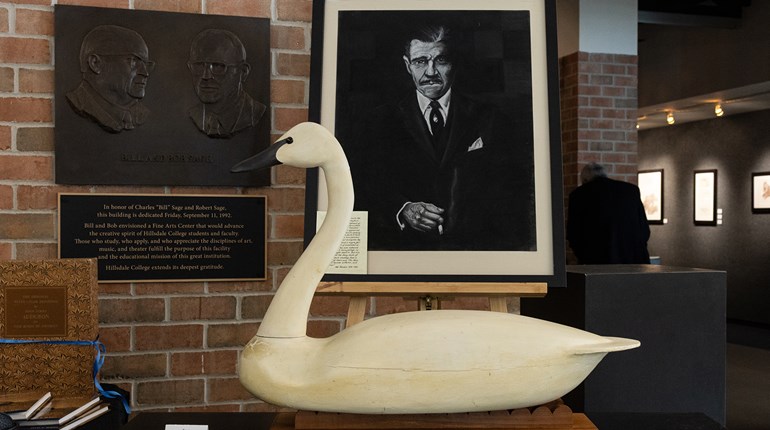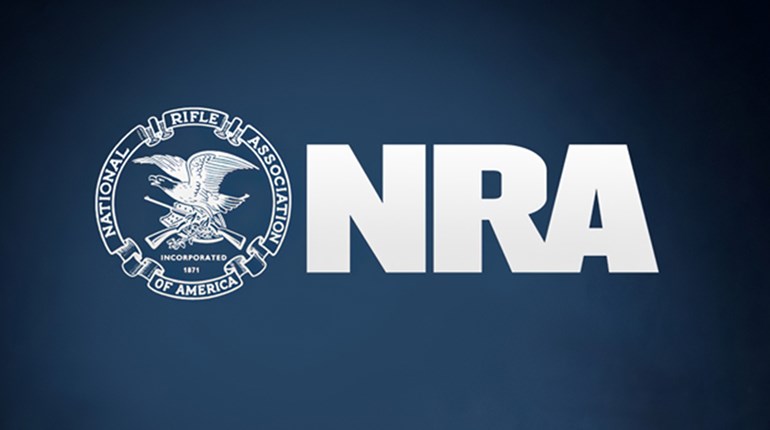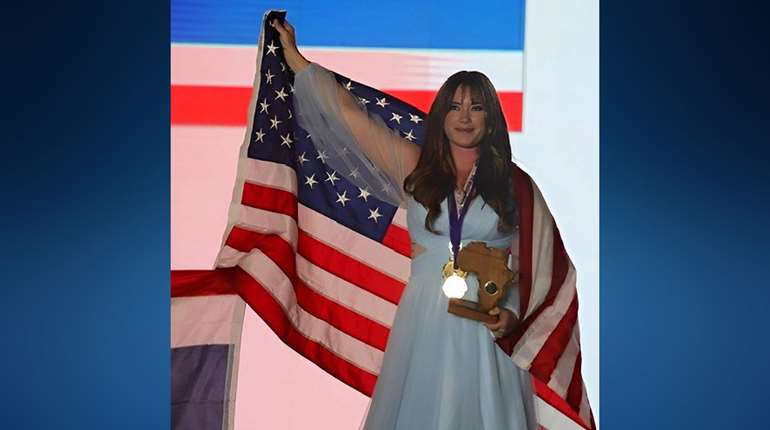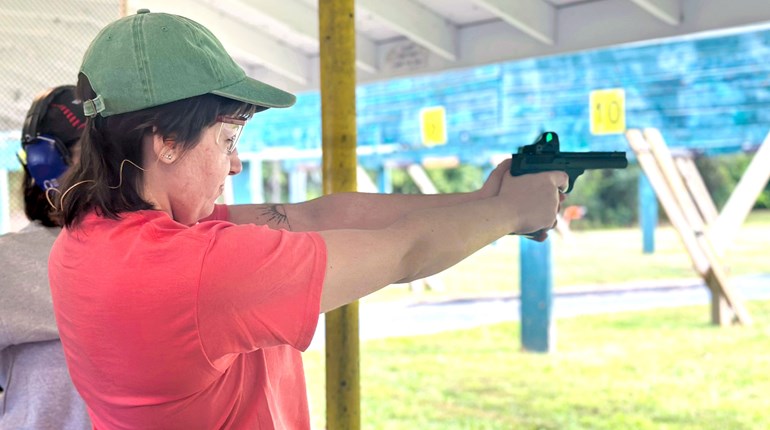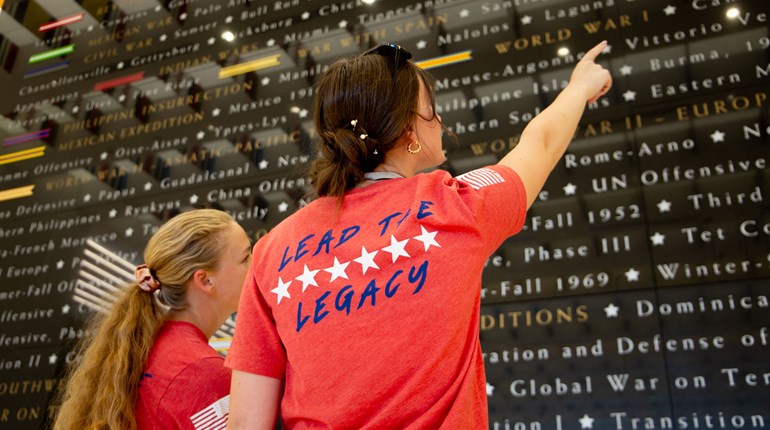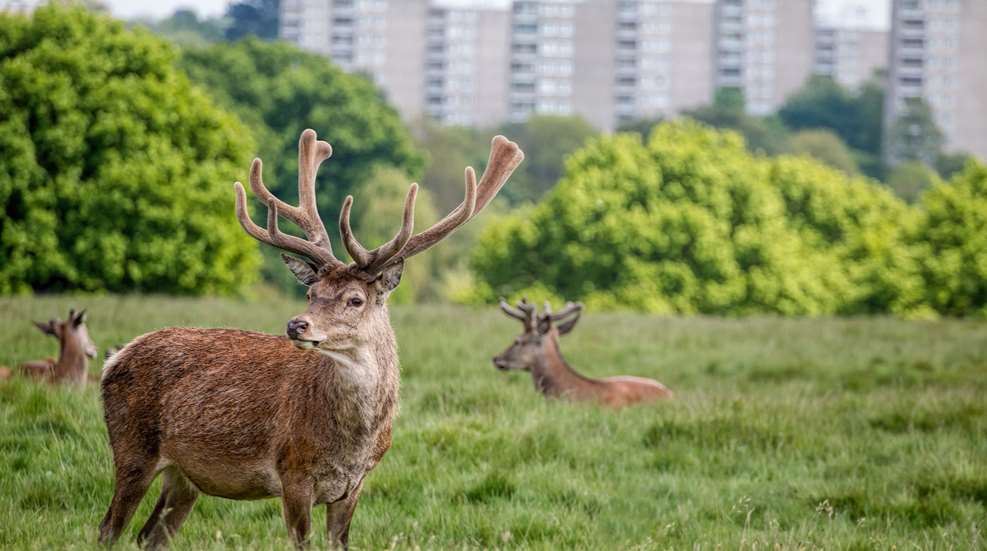
More women than ever before are heading out into the fields and woods this spring in pursuit of wild turkeys, bears and other wild game. This is terrific news for conservation of these species, and it’s terrific news for the future of the sport and tradition of hunting. However, there are a lot of people who hold some misconceptions about it … even some Second Amendment-supporting women.
So how do we hunters—and non-hunters who still support the sport—counteract those misconceptions? NRA’s Hunters’ Leadership Forum is working with industry professionals across America to get the facts out with a new webinar series and book, How To Talk About Hunting. One of the most stunning revelations in the book is that surveys showed that a shocking 46 percent of Americans believe that hunting as it’s practiced in America can cause species to become endangered. Here’s what How To Talk About Hunting reports:
“This false narrative is of course not true; in fact, the exact opposite is true. No species has become extinct in the era of modern wildlife management because of regulated hunting. This is the reason that there are so many laws and regulations on seasons, limits and methods of hunting.
Yes, in the old days, unregulated hunting—especially market hunting—caused the endangerment and even demise of some species. But modern hunting in America is totally different. It is important to understand the major differences between hunting before modern wildlife management and hunting after regulations were instituted in each of the states in the first half of the 20h century.
In 1900, there were fewer than 500,000 whitetail deer in the United States. Today, there are 32 million of them. The Rocky Mountain elk population has increased from 40,000 in 1900 to 3 million today. And the wood duck, once extremely rare, now has a population of 6 million.
Making sure that non-hunters know that regulated hunting in the U.S. does not cause species to become endangered is one of the most important messages to get across when talking about hunting.”
Modern hunting, as we practice it now, is a net benefit to species. There are many reasons for this. The taxes that we all pay on guns go toward paying wildlife biologists, game wardens, wildlife officers and others to foster and protect species. Taking a few animals each year from the herd actually strengthens the species as a whole when it’s done wisely … and here in America, we do it pretty wisely.
Here’s the problem for hunting supporters: This topic is highly emotional for a lot of people. When people are arguing from emotion, trying to counteract with facts can be an exercise in futility. So if you’re trying to be a good ambassador for the sport of hunting, try to read the person you’re talking to. If they’re calmly telling you that they “just don’t understand why people are still allowed to kill endangered animals like deer,” you can probably go ahead and give them some of the statistics we quoted above.
If, however, they’re angry and upset (and sometimes even otherwise rational people can get that way), it may be best to simply try to find some common ground with them. If they’re feeling emotional about this, let them know that you are too … and for the same reasons. Hunters care deeply about our game; the absolute last thing we want is for a species we love to pursue disappearing forever.
How To Talk About Hunting has some further topics to discuss with people who feel very emotional about hunting. For example, you could gently suggest that a wild animal that was hunted for food probably had a better life than livestock raised for slaughter.
However, the most powerful argument in favor of hunting—and one that resonates with all of us—is that it is an American right. We don’t have to exercise those rights if we don’t want to; if you don’t like hunting, don’t do it. But we should respect the right of other American women (and men) to legally and ethically hunt, no matter whether it’s something we’d want to do ourselves.













